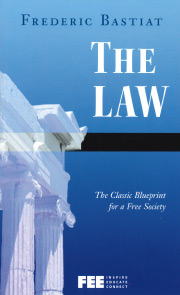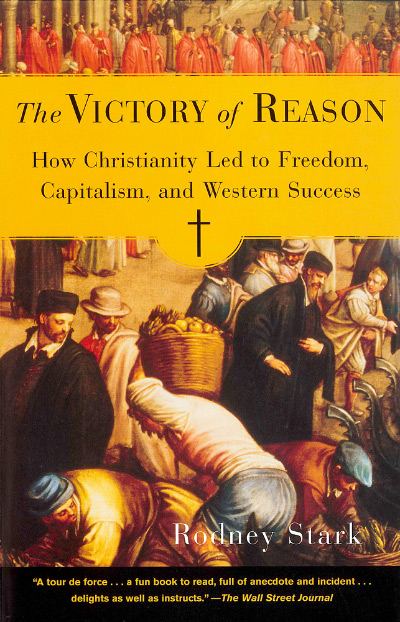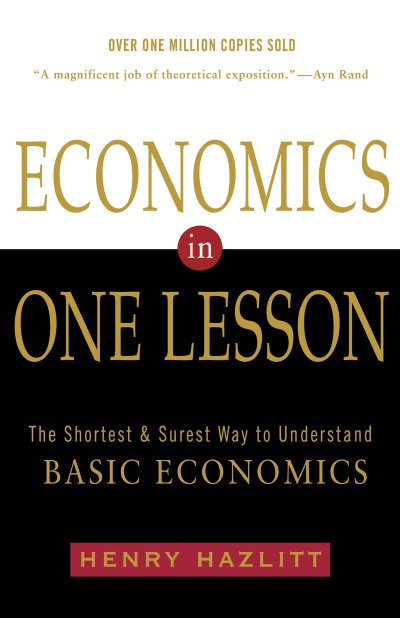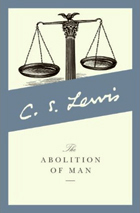(Valid Only Within U.S.A.)
 |
THE LAW: The Classic Blueprint for a Free Society By Frederic Bastiat Amid the political turmoil of 19th century France, Frederic Bastiat penned one of the most universally influential, compelling texts which remains relevant to today’s political issues. A powerful critique of socialism, The Law tears down the assumed need for a controlling government and instead advances justice and freedom as inherent, irrevocable birthrights. |
 |
THE VICTORY OF REASON: How Christianity Led to Freedom, Capitalism, and Western Success By Rodney W. Stark Scholars who analyze why Europe was able to pull ahead of the rest of the world by the end of the Middle Ages usually cite the West’s superior geography, commerce, and technology. Completely overlooked is the fact that faith in reason, rooted in Christianity’s commitment to rational theology, made all these developments possible. While the world’s other great belief systems emphasized mystery, obedience, or introspection, Christianity alone embraced logic and reason as the path toward enlightenment, freedom, and progress. That is what made all the difference according to Stark’s revolutionary idea. The Victory of Reason proves that scientific progress, democratic rule, and free commerce–is largely due to Christianity, through which we are all inheritors of this progressive tradition. |
 |
PUTTING “DEFENSE” BACK INTO U.S. DEFENSE POLICY: Rethinking U.S. Security in the Post-Cold War World By Ivan Eland Ivan Eland questions the core beliefs of the defense establishments that call for ever-increasing defense budgets and military interventions around the world. He outlines a security policy more appropriate to the sober realities of the post-Cold War era. This is an approach that calls for military restraint overseas, taking advantage of the already secure U.S. geo-strategic position, while safeguarding vital national interests. |
 |
ECONOMICS IN ONE LESSON: The Shortest and Surest Way to Understand Basic Economics By Henry Hazlitt Economics in One Lesson has become a classic work in economic curriculum. In a brilliant yet straightforward explanation, Hazlitt establishes the inherent simplicity and natural success of a free market and destroys the common fallacies that arise from institutionalized misinterpretation of market forces. |
 |
THE ABOLITION OF MAN By C. S. Lewis
Both astounding and prophetic, The Abolition of Man presents a very powerful defense of the importance and relevance of objective and universal truth and moral ethics (natural law). As Lewis warns in the book, “if man chooses to treat himself as raw material, raw material he will be: not raw material to be manipulated, as he fondly imagined, by himself, but by mere appetite . . . in the person of his dehumanized Conditioners.” |






